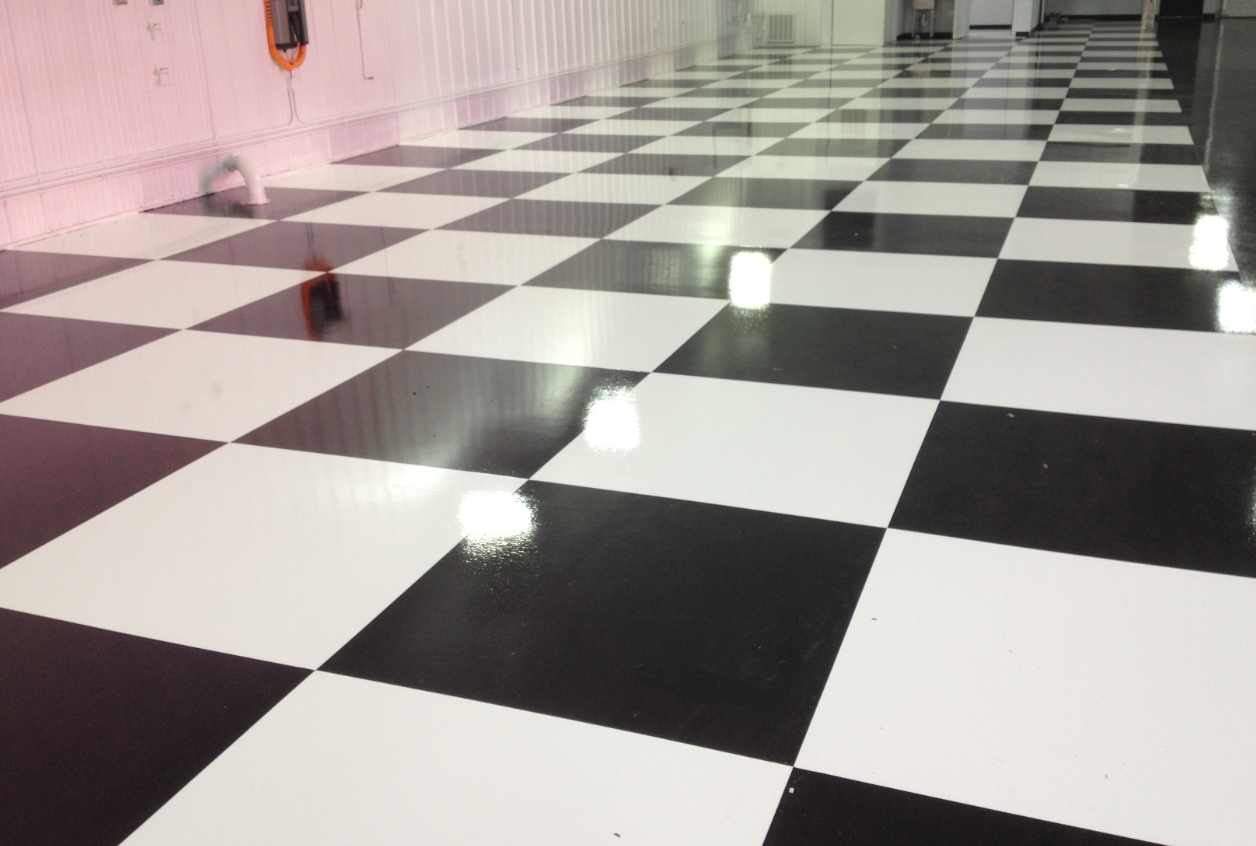
When it comes to protecting your vinyl floors, there are a few different options available on the market. One popular option is epoxy. But what happens if you already have vinyl flooring installed? Can you epoxy over vinyl floors? In this blog post, we will answer that question and we will also provide some tips on how to make the process go more smoothly.
Table of Contents
Can You Epoxy Over Vinyl Floors?
For many homeowners, vinyl floors are a great choice because of their durability and ease of maintenance. But what happens when you want to change the look of your vinyl floor? Can you epoxy over it?
The short answer is yes, you can epoxy over vinyl floors. However, there are a few things you need to do first in order to prepare the surface for the epoxy. Otherwise, the epoxy will not adhere properly and could start to peel up.
Is Epoxy Right for Your Vinyl Floors?
Due to their durability and ease of maintenance, vinyl floors are a popular choice for many homeowners. However, vinyl floors can be difficult to clean and keep looking new. Epoxy flooring is a great way to protect your vinyl floors and make them easier to clean. Epoxy flooring is a type of coating that is applied to your floor and then cured. This creates a hard, durable surface that is easy to clean and resists staining. Epoxy flooring can also be used on other types of flooring, such as concrete.
How to Apply Epoxy to Your Vinyl Floors
The first step in the process is to make sure your vinyl floor is as clean and free of dirt, dust, and debris as possible. This will ensure that the epoxy has a good surface to bond with. Make sure you use a mild cleaner, such as dish soap or white vinegar, to make sure you don’t damage the vinyl surface.
After cleaning your vinyl floor, it’s time to prep it for epoxy. Start by sanding down any rough spots on the floors and then vacuum up all of the dust created during this process. Once everything is cleaned up, apply an appropriate primer designed specifically for nonporous surfaces like vinyl. Allow this primer to dry completely before moving on to the next step.
Once the primer is dry, it’s time to apply the epoxy coating. Choose an epoxy paint designed specifically for use on nonporous surfaces and follow the instructions provided with your particular product. When applying the epoxy, make sure you use a roller or brush and take your time. This will help ensure that you get a nice even coat without any drips or runs in the finish.
Finally, once your epoxy has dried completely, you can add some sealer for added protection and shine. This will keep your floors looking good for years to come!
Conclusion
In conclusion, can you epoxy over vinyl floors? Yes, however, it is not as simple as just pouring some epoxy on the floor and calling it a day. There are important factors to consider before taking on this type of project, such as surface preparation and which type of epoxy to use. With proper planning and execution, though, epoxy can provide a durable and attractive finish to your vinyl floors.








